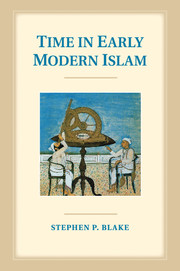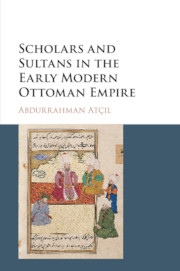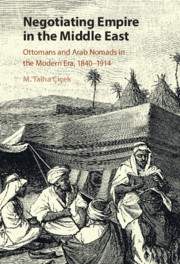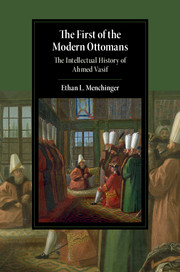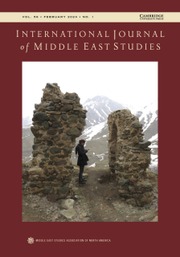Time in Early Modern Islam
Calendar, Ceremony, and Chronology in the Safavid, Mughal and Ottoman Empires
- Author: Stephen P. Blake, University of Minnesota
- Date Published: August 2017
- availability: Available
- format: Paperback
- isbn: 9781108412803
Paperback
Other available formats:
Hardback, eBook
Looking for an inspection copy?
This title is not currently available on inspection
-
The prophet Muhammad and the early Islamic community radically redefined the concept of time that they had inherited from earlier religions' beliefs and practices. This new temporal system, based on a lunar calendar and era, was complex and required sophistication and accuracy. From the ninth to the sixteenth centuries, it was the Muslim astronomers of the Ottoman, Safavid and Mughal empires who were responsible for the major advances in mathematics, astronomy and astrology. This fascinating study compares the Islamic concept of time, and its historical and cultural significance, across these three great empires. Each empire, while mindful of earlier models, created a new temporal system, fashioning a new solar calendar and era and a new round of rituals and ceremonies from the cultural resources at hand. This book contributes to our understanding of the Muslim temporal system and our appreciation of the influence of Islamic science on the Western world.
Read more- This is the first analysis of the Islamic temporal system
- Features a novel comparison of the three early modern Islamic empires: the Safavid, Mughal and Ottoman
- Examines the impact of Islamic astronomy and astrology on European science and society
Reviews & endorsements
'This work is … both of general human interest, as well as specific interest with respect to the dialogue between 'Islam and the West' today.' Amina Inloes, Journal of Shi'a Islamic Studies
See more reviews'… a well-written and well-organized summation of the complexities of time management in Muslim societies, not only in the early modern period, but throughout Islamic history. The book will prove useful as an introduction to these issues for both advanced undergraduate and graduate students.' John J. Curry, Middle East Media and Book Reviews (membr.uwm.edu)
'… Blake's book is a fascinating exploration of how early modern empire building was far more complex than the application of an imperial ideology that hinged on a pure religious identity. Rather, as evidenced through three distinct applications of time and ceremony in building Islamic empires, empire building was a recursive reconciliation of the ideology of the metropole with local conditions and expectations that allowed for the intersection of unique cultures in areas of commerce and the exchange of ideas. While the ruling elite of each of the three empires in Blake's study saw itself as the power base of an Islamic empire, all three empires were nevertheless the successors of the preceding cultures that they conquered and were subsequently compelled to use localized cosmopolitan constructions and understandings of time to ossify the reality of their power and to secure the viability of their empires.' H-War
Customer reviews
Not yet reviewed
Be the first to review
Review was not posted due to profanity
×Product details
- Date Published: August 2017
- format: Paperback
- isbn: 9781108412803
- length: 223 pages
- dimensions: 230 x 152 x 12 mm
- weight: 0.34kg
- contains: 3 maps
- availability: Available
Table of Contents
1. Safavid, Mughal and Ottoman empires
2. Calendar
3. Ceremony
4. Chronology: era
5. Chronology: millenarian.
Sorry, this resource is locked
Please register or sign in to request access. If you are having problems accessing these resources please email lecturers@cambridge.org
Register Sign in» Proceed
You are now leaving the Cambridge University Press website. Your eBook purchase and download will be completed by our partner www.ebooks.com. Please see the permission section of the www.ebooks.com catalogue page for details of the print & copy limits on our eBooks.
Continue ×Are you sure you want to delete your account?
This cannot be undone.
Thank you for your feedback which will help us improve our service.
If you requested a response, we will make sure to get back to you shortly.
×
